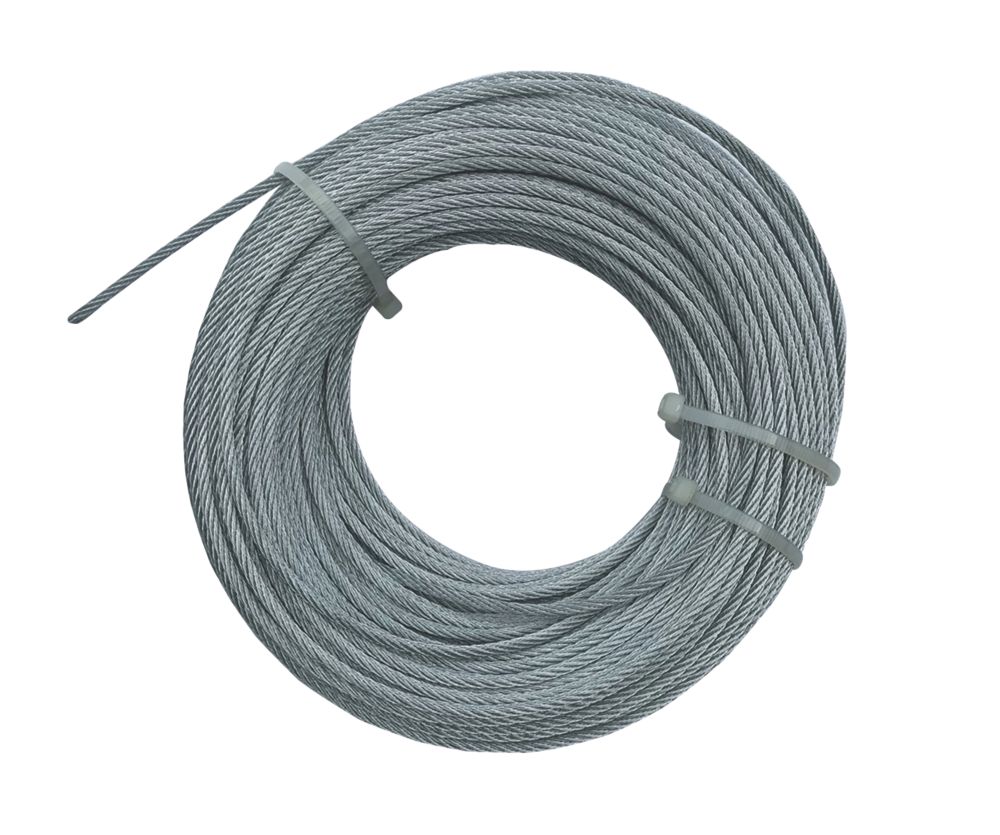300m won't work via WLAN - even if you put up an AP with very high power antennas, the problem are still (as always) the clients which won't be able to put out a strong enough signal. Yes, 300m is at or within the "theoretical" range of some WLAN gear, but only under laboratory conditionsl and at absolute garbage signal strenght and hence unusable bandwidth.
Copper also won't work reliable and/or at any usable speeds over such distance. 100-120m are OK, 150m are usually already a gamble even with cat7; at least from my experience within commercial buildings - so for a lone cable in the ground you *might* get away with 150m or even 200m, but anything above that I doubt will work. Let alone the effort and cost to dig in a cable over 300m at proper depth (>0.5m).
If burying a cable/duct really is no big deal for you at that site, if any, use fiber. If you don't want to put a switch on the remote end, there are media converters available even for outdoor use which are relatively cheap.
Powerline is junk. They don't even work at any meaningful speeds (if at all) within the same building, let alone over such distances. Camping gear also isn't particularly known for being perfectly in spec and RF-conformant, so that stuff will put all kind of nasty interferences and noise into your power lines, further minimizing the chance to get any data signal through.
If you can get a direct line of sight to the remote side (e.g. by putting up a rigid pole), I'd just use directional radio. Nowadays they are widely available, even at "end user-friendly" price points e.g. from mikrotik. Those are 'sufficiently reliable' to be used as a "fire&forget" solution. Their OS is still an absolute shitshow - so keep it as simple as possible or don't touch it at all to keep your sanity, they come pre-configured anyways and will provide a transparent layer 2 bridge.
We run a bridge to a remote storage building over ~350m with a pair of mikrotik wireless wire nRay dishes (the cube pro weren't in stock anywhere back then or we would have used those, as they have a 5GHz fallback). There's only an AP and SIP-DECT antenna at the other end for a single workplace that is only occupied for a few hours per week, so I couldn't justify throwing a bigger budget at this and hence I had to go with mikrotik...
You have to properly adjust them via the web interface (the LED indicators at the back are junk and don't work) and make sure the RJ45 jacks are not fully pushed in by the strain relief nut or else some pins will loose connection and it will either drop to 100mbit or completely cease to work. This is true for almost all mirkotik outdoor gear - thankfully I received this tip from a friend who has to work a lot with mikrotik and they spend multiple days figuring this out because as soon as you unscrew the cap nut all pins will properly connect again...
Once they are dialed in to <0.5° on both axes on each side, connection is perfectly reliable and fast (1Gbps in both directions simultaneously) and I didn't have to touch it ever since (~9 months now).
According to zabbix monitoring, every few weeks one of the dishes will just randomly reboot, but from what I've heard this is normal/expected for mikrotik and it usually happens outside of the time when the office at the building is occupied (or even normal work hours) I really don't care...
There are other vendors available, but they are at 2-5x the price tag (and even more...), so if budget is tight you are pretty much stuck with mikrotik. The next best "prosumer" vendor woud be ubiquiti, which start at roughly twice the price for their directional radio solutions, but I'm not sure if they also have 60GHz available now. Especially in more crowded areas and/or if there are a lot of plastic routers that don't respect reserved 5GHz channels (i.e. most fritzboxes) you absolutely don't want to use the 2.4GHz or 5GHz band for long distance connections. Also the mm-Wave connections usually have much higher bandwidht and hence will still deliver usable speeds even if there is some noise.




